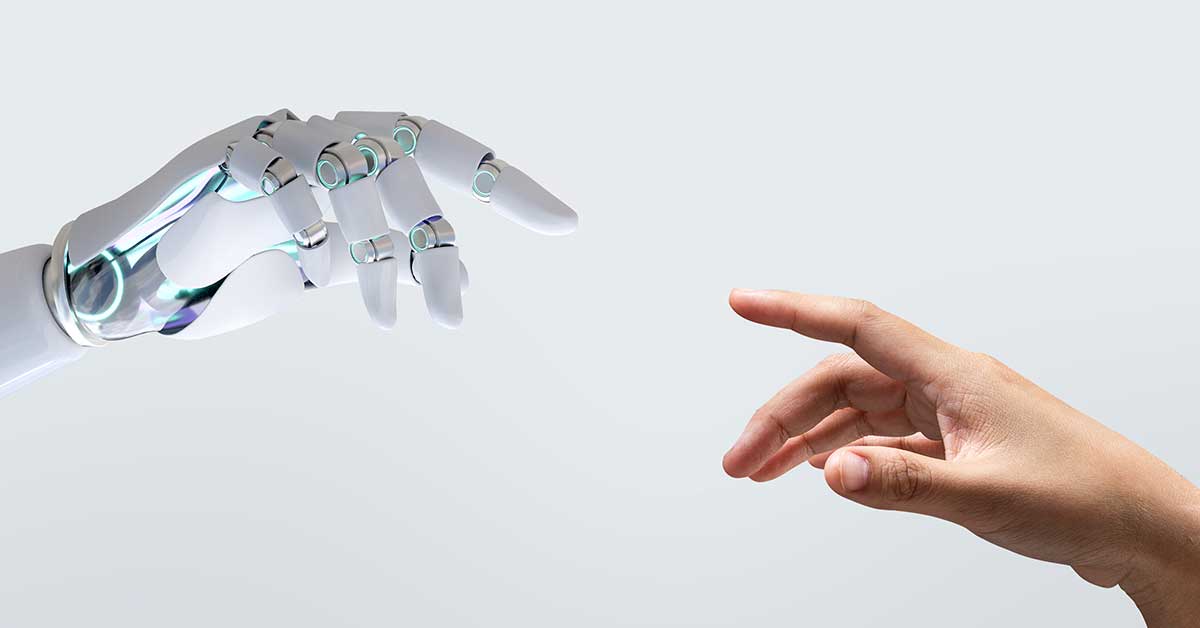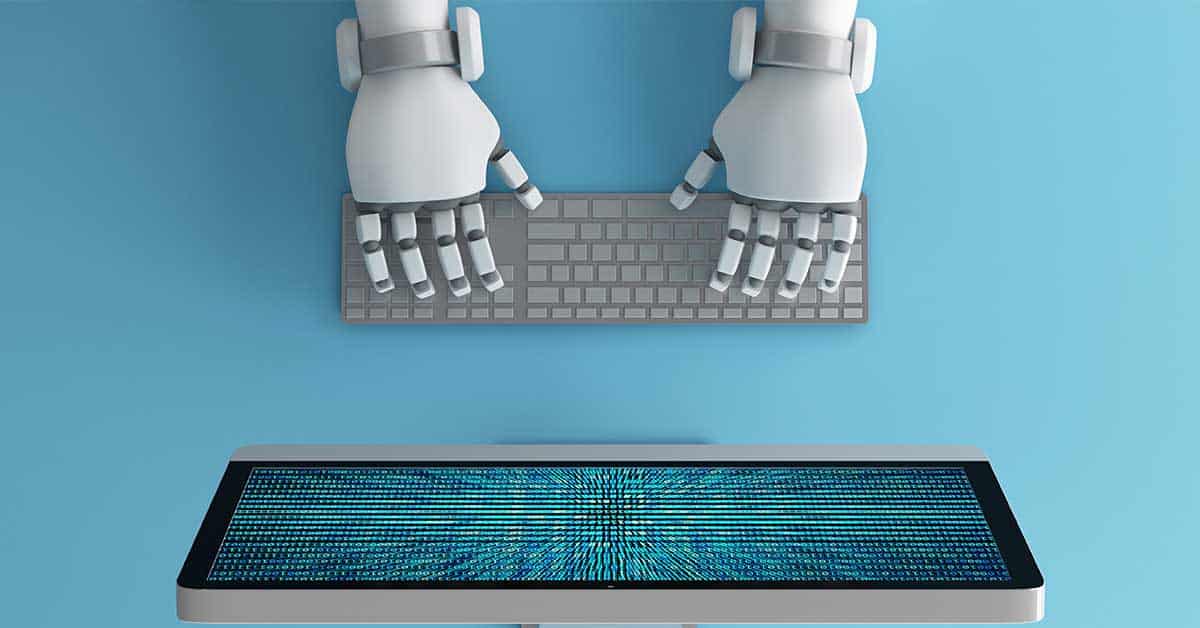Table of Contents
The Global Shift: AI, Automation, and the Future of Work
The global economy is experiencing a seismic shift driven by Generative AI, automation, and advanced technology. The workforce of the future is already here, yet our education system is failing to keep pace.
Key Trends Driving Workforce Transformation
· Generative AI Automates Complex Tasks: AI can generate reports, write code, design marketing campaigns, diagnose medical conditions, and even compose music.
· Automation Replaces Repetitive Jobs: AI-powered robots and chatbots rapidly replace manufacturing, logistics, and customer service roles.
· AI is Creating New Jobs at an Unprecedented Rate: The World Economic Forum’s Future of Jobs Report (2023)estimates that 97 million AI-driven jobs will emerge by 2025, even as traditional roles vanish.
· Remote Work and the Digital Economy Are the Norm: Companies increasingly hire talent globally, rewarding skills over degrees and eliminating geographic limitations.
Education’s Critical Failure: The System is Preparing Students for an Economy That No Longer Exists
The education system—the very institution responsible for preparing students for the workforce—is failing. Many schools still operate as if the job market of the 1980s and 1990s exists today.
Where Education Falls Behind
· Outdated Curricula: Schools and universities still emphasize rote memorization and standardized testing rather than AI fluency, digital skills, and critical thinking.
· Lack of Real-World Relevance: Degrees often fail to translate into employable skills. A Harvard Business Review (2024) study found that 65% of college graduates lack the skills needed for the jobs they are applying for.
· Failure to Integrate AI and Automation: While businesses have rapidly adopted AI, only 12% of K-12 schools in the U.S. teach AI-related topics, according to a Brookings Institution (2023) report.
The Urgent Need for a Complete Overhaul in Education
If schools and universities do not immediately embrace AI, automation, and technology, they will become obsolete.
What Must Change?
1. Curriculum Overhaul:
AI and automation literacy should be mandatory at all grade levels.
Focus on problem-solving, adaptability, and digital skills over memorization.
Coding, data science, and digital entrepreneurship must become core subjects.
2. Elimination of the “Degree-First” Mentality:
Employers are shifting toward skills-based hiring.
Certifications, micro-credentials, and boot camps must replace traditional degree pathways for tech careers.
Google, Tesla, and IBM have already stopped requiring degrees for many jobs (World Economic Forum, 2023).
3. AI-Driven Personalized Learning:
AI can tailor education to students’ pace, strengths, and weaknesses.
Adaptive learning platforms like Khan Academy’s AI tutor and Duolingo’s AI-driven lessons outperform traditional classroom methods (McKinsey Global Institute, 2023).
4. Industry-Education Partnerships:
Businesses must work with schools to ensure graduates have market-relevant skills.
Apprenticeships, internships, and project-based learning must replace passive lecture-based education.
5. Preparing Teachers for the AI Era:
How can teachers prepare students for an AI-driven world if teachers don’t understand AI?
Schools must train educators in AI fluency and digital teaching strategies.
Who Must Change?
· K-12 School Systems: Outdated teaching methods must be replaced with AI-enhanced, skills-based learning
· Universities: If higher education doesn’t embrace technology, companies will continue to bypass degrees,favoring micro-credentials and direct hiring.
· Governments & Policymakers: Education funding must prioritize AI and technology training, not legacy standardized testing.
· Parents & Students: Stop relying on traditional education as the guaranteed path to success—AI-driven skills and adaptability matter more.
When Must We Change?
Now.
The job market has already changed. The next generation of students will graduate into an economy where AI performs knowledge-based tasks faster and more accurately than humans.
How Do We Prepare for the Workforce That Exists Today?
1. AI and Digital Skills Training for All Ages
Every student should graduate high school with AI proficiency.
Free and low-cost online platforms (Coursera, Udacity, Google Career Certificates) should be integrated into formal education.
2. Emphasize Human-AI Collaboration
Jobs won’t disappear—but job roles will evolve.
The future workforce must learn to leverage AI, not compete with it.
3.Replace Traditional Exams with Real-World Projects
Students should build AI models, create businesses, and solve real problems, not just memorize facts.
4. Move Beyond the Classroom
The concept of a physical-only school is outdated. The next generation of learning will be defined by hybrid models, online learning, and AR/VR-based education.
What Happens If We Don’t Change?
If the education industry fails to adapt:
· Students will graduate unemployable, lacking the skills necessary to work in an AI-dominated world.
· Companies will bypass traditional education systems, hiring directly based on AI certifications and portfolio work.
· Brick-and-mortar universities will collapse as students opt for faster, cheaper, and more relevant online alternatives.
Final Thought: Adapt or Become Irrelevant
The AI-driven economy isn’t coming—it’s here. If education doesn’t change, it will fail the students it should prepare. We are at a turning point:
Embrace AI and technology now, or watch education institutions become obsolete.
Conclusion: The Time for Change Is Now
Generative AI, automation, and technology are not optional topics—they define the present and future of work.
If education leaders, policymakers, and institutions refuse to adapt, they will fail generations of students. The global workforce has already evolved—it’s time for education to catch up or be left behind.
Citations & Data Sources
1. World Economic Forum (2023) – 97 million AI-driven jobs will emerge by 2025.
2. Harvard Business Review (2024) – 65% of college graduates lack the necessary skills for modern jobs.
3. McKinsey Global Institute (2023): AI-powered adaptive learning platforms improve student performance by 40% over traditional methods.
4. Brookings Institution (2023) – Only 12% of U.S. K-12 schools teach AI-related topics.
5. Google, Tesla, IBM Hiring Reports (2023) – Major companies no longer require college degrees for many tech roles.




